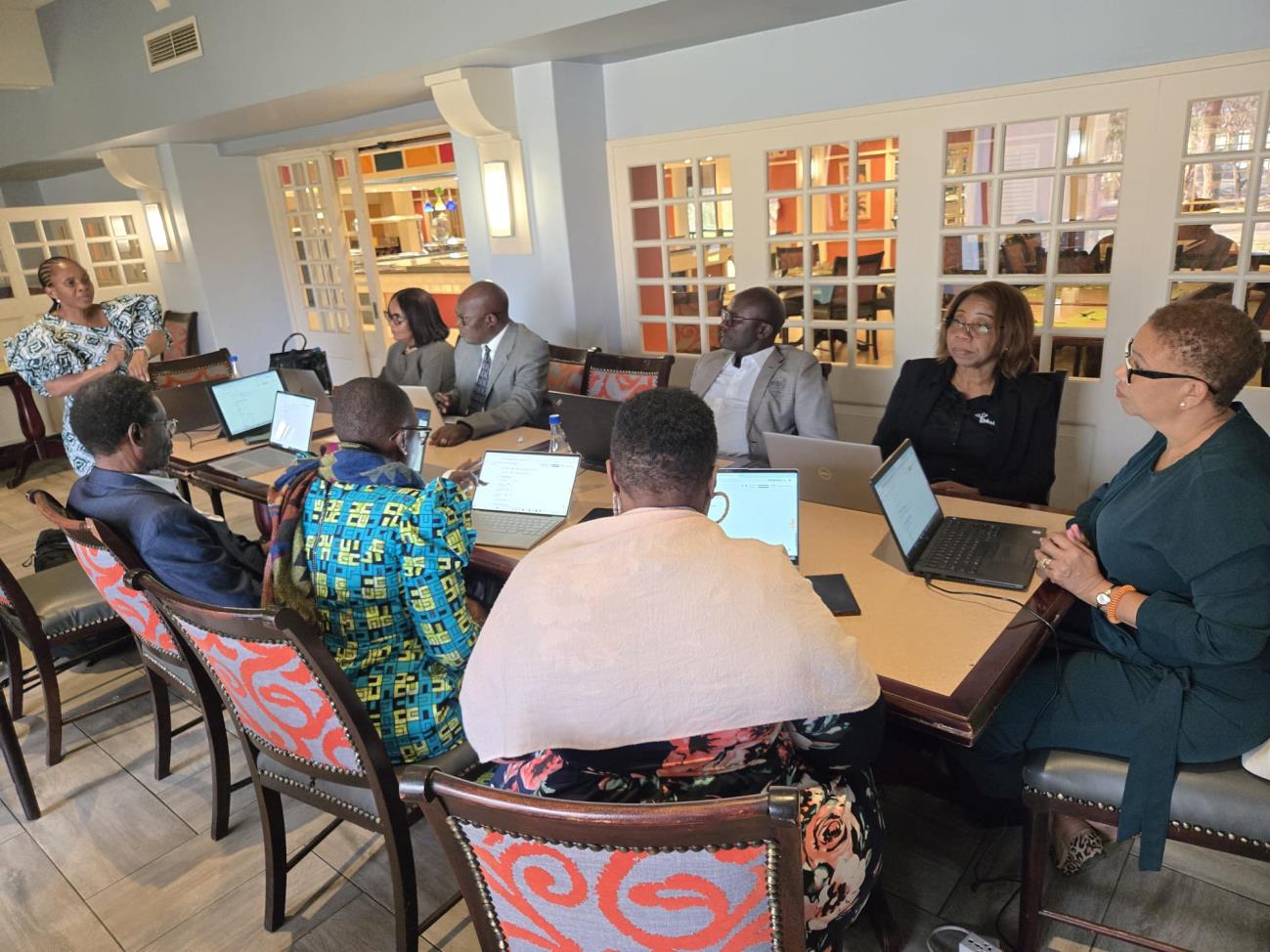
As we honour and celebrate World Teachers’ Day 2025 under the theme “Recasting Teaching as a Collaborative Profession”, the Commonwealth of Learning (COL) pays tribute to teachers everywhere for their dedication, professionalism and resilience in transforming education and advancing progress towards SDG4: Quality Education. What truly makes the difference in quality education is not technology, infrastructure or institutions alone, but the ability of teachers to innovate and create conditions that enable learners to thrive. Teachers help students navigate complex systems, reimagine the world and design powerful solutions for the future. This reflection does not merely celebrate the profession but highlights some concrete lessons from COL’s work in open and distance learning (ODL) embodied in this year’s theme.
The transformative power of teachers is well articulated by Michael Fullan, “Teachers must succeed if students are to succeed, and students must succeed if society is to succeed”. The Jamaica Teaching Council also echoes this vision in its motto, emphasising the importance of teacher professional development and well being as a pathway to becoming agents of change: “Teachers for Development – Development for Teachers.”
As technology and society evolve, teachers’ agility, creativity and continuous professional development (CPD) become more vital than ever. COL’s initiatives across the Commonwealth highlight that teacher learning is stronger when it is collaborative, participatory, and teacher led. For example, COL’s ongoing virtual labs in STEM teaching initiative enhances teachers’ pedagogical skills and digital competencies while fostering cross-border communities of practice. Through these communities, teachers from around the world learn together, share expertise, and support one another using e-portfolios and collaborative structures. The initiative also promotes gender-responsive policies and provides evidence to support the inclusion of women, girls, men, and boys in STEM education through virtual labs.
This project was co-designed with partners from across Africa and the Caribbean, which was reflected in their collaboration. In Africa, the Botswana Teaching Professional Council, the South African Council for Educators, and the Uganda National Institute for Teacher Education contributed to the project. From the Caribbean, partners included Clarence Fitzroy Bryant College in St. Kitts and Nevis, the Jamaica Teaching Council, and the Ministry of Education, Science and Technology in Belize, working through the Teacher Learning Institute. Because the programme is open and free, it reaches teachers globally who might otherwise be excluded. It allows teachers to form lasting professional networks with peers, mentors and school leaders worldwide—creating new knowledge and relationships that extend far beyond a single country or region.
Another example of collaboration is the Beyond Numbers project launched in 2024, which brought together pre- and in-service teacher education institutions in sub-Saharan Africa to co-create a regional ODL framework for teacher development. More than 700 teachers acquired new digital and pedagogical skills in Botswana, earning CPD points in just two months—guided only by the Botswana Teaching Professionals Council, with much of the learning being self-directed and peer-supported. Facilitators motivated colleagues, tracked progress and offered assistance, turning CPD into a shared professional movement rather than a top-down requirement.
This collaborative approach broke the traditional silos between teacher training institutions, regulators and schools. In South Africa, Botswana, Nigeria and Seychelles, school-based dialogues gave teachers a voice in shaping future professional development, proving that CPD is most effective when flexible, accessible and teacher-driven. This approach is also consistent with the strategy set out in the Gaborone Statement from the 11th Pan-Commonwealth Forum on Open Education (PCF11), held in September 2025, which emphasises collaborative action and inclusive partnerships.
When it comes to emerging technologies, COL, in partnership with the Inter-University Council of East Africa, launched the AI for Teachers project to build capacity in the use of artificial intelligence. Through this initiative, teacher training institutions and higher education councils in the region collaboratively have been developing an AI curriculum, a policy framework for learning institutions, and a code of conduct. This regional collaboration not only optimises the use of resources but also strengthens collective capacity, demonstrating how ODL and partnerships enable teachers to address emerging educational challenges together.
Sustaining collaboration also requires guiding policies and shared standards. COL supports partners in creating ODL frameworks, policies and guidelines tailored to national and regional contexts, and labour market demand. In 2025 for example, a micro-credentials framework was introduced to foster a shared understanding and practical action on micro-credentialling across the Commonwealth, advancing lifelong learning, workforce development and social inclusion. Similarly, through collaboration with the Africa Federation of Teaching Regulatory Authorities, COL has helped establish an ODL framework for teacher development, reinforcing teachers’ central role in shaping their own professional growth.
Traditionally, many education reforms in developing countries rely on external consultants. In contrast, COL initiatives such as Beyond Numbers, STEM Teaching, AI for Teachers and micro-credentials in the digital age place teachers at the centre—empowering them to design national frameworks, policies and professional development programmes. This inclusive and participatory approach ensures greater ownership, deeper commitment and more sustainable policy shifts. It demonstrates that when teachers collaborate, they not only advance their own professional learning but also reshape the profession itself.
The World Teachers’ Day 2025 theme—“Recasting Teaching as a Collaborative Profession”—is not just a slogan. Through its ODL initiatives, COL has shown how collaboration transforms professional development into a collective endeavour, enabling teachers to innovate, support one another and drive systemic change. In this spirit, COL reaffirms its commitment to empowering teachers across the Commonwealth—because when teachers succeed together, learners and societies everywhere succeed.


